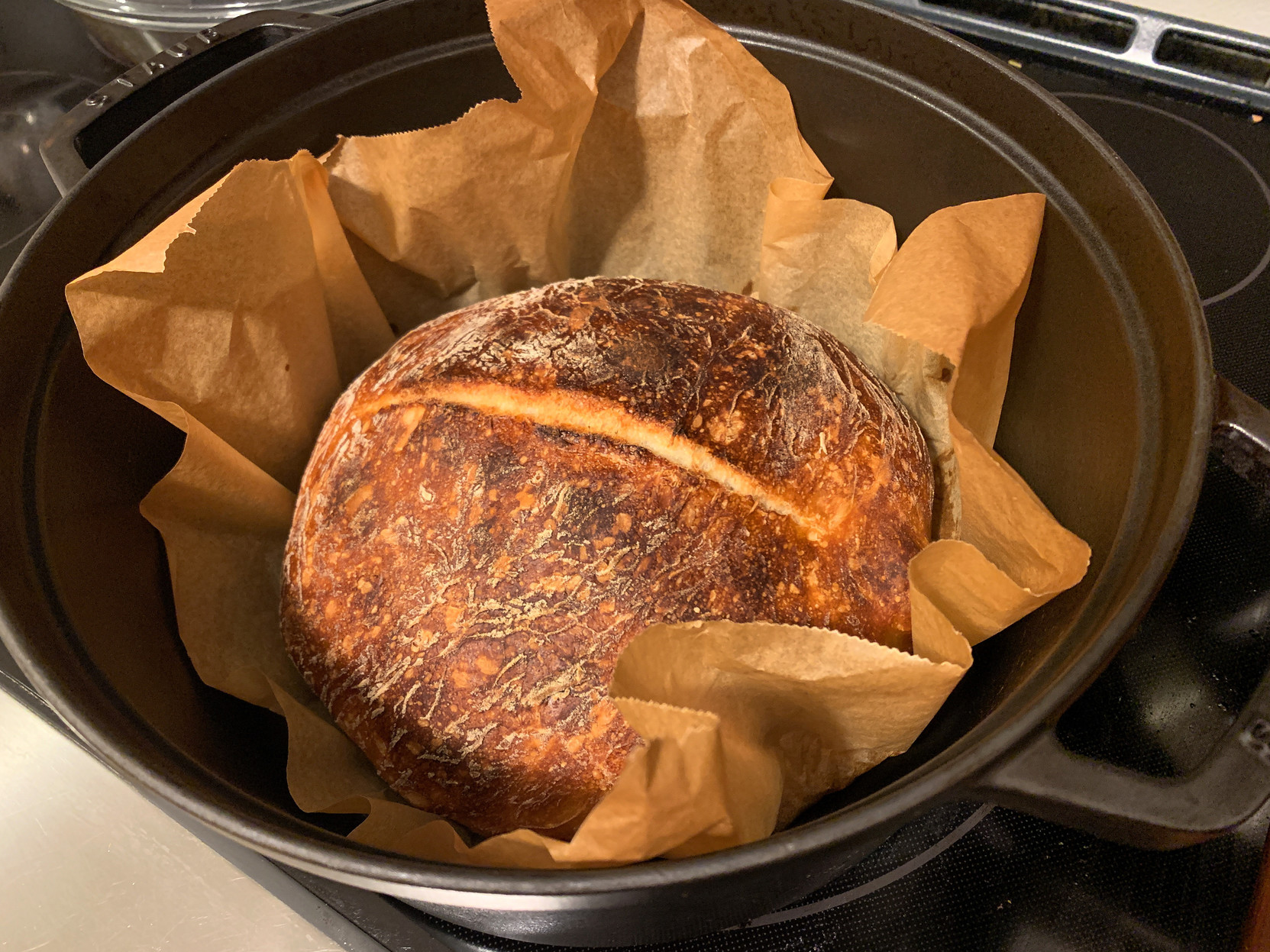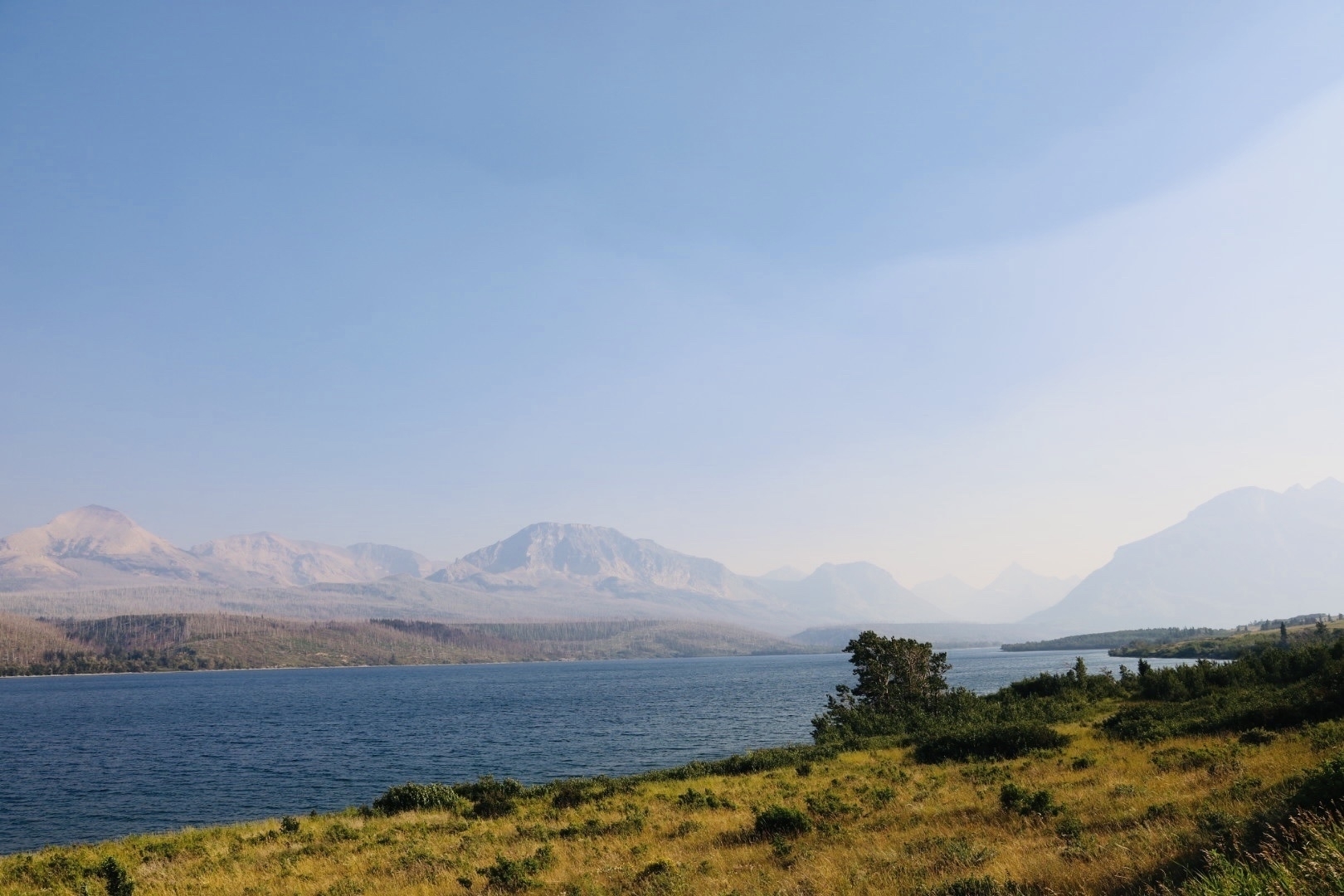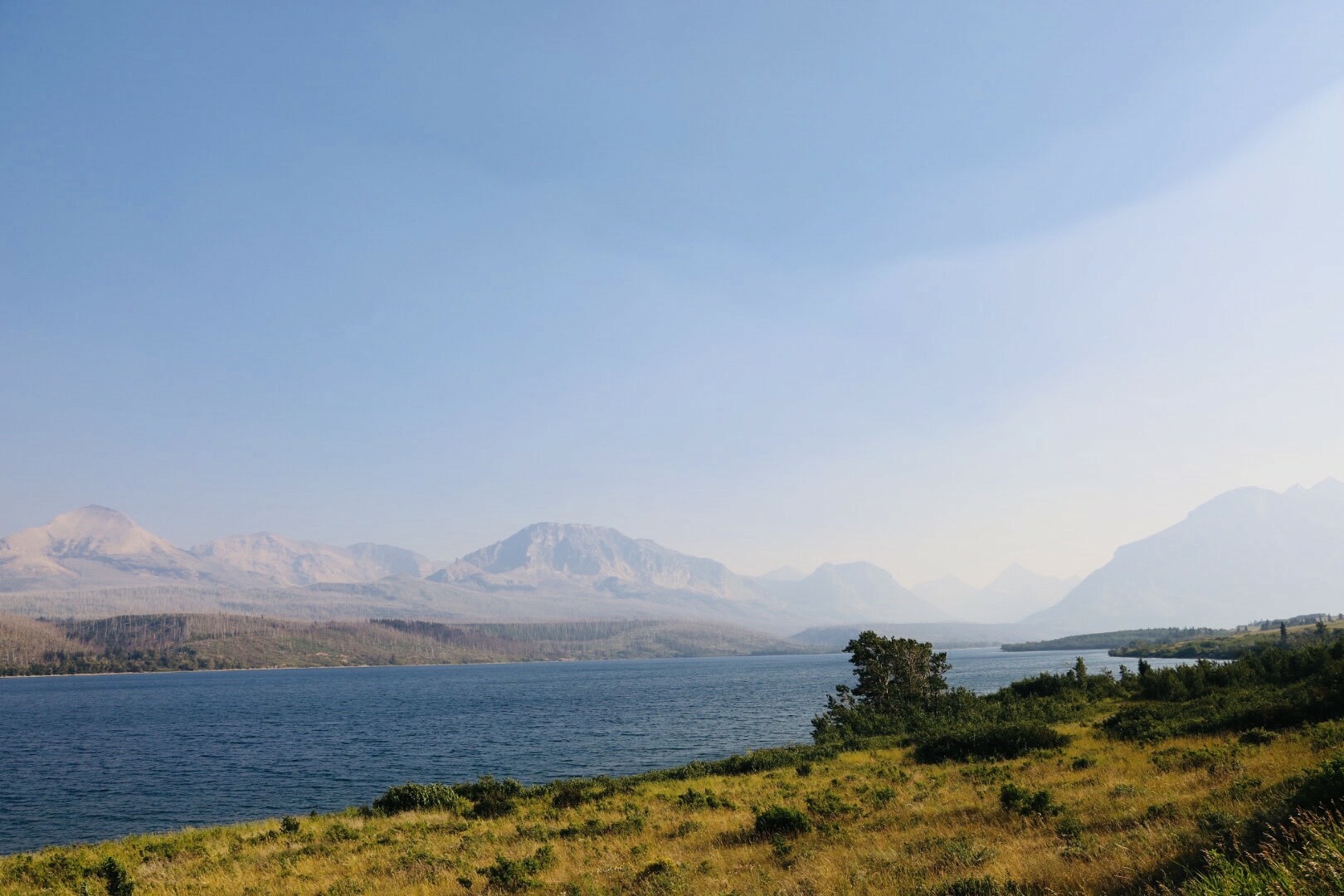We get to see Santa today and he asks my son what he wants for Christmas, to which he responds: “a gun”. The mothers in line behind us audibly gasped.
Why is there no U.S. government run electronic payments system? It’s weird that we are heholden to private companies that are incompatible with one another, compromise our privacy, or take a cut of the transfer.
I’ve never been much of a baker, but I am a bit of a rustic bread addict. So I decided to give this recipe a try from NYTimes Cooking awhile back. Always turns out great. I plan on bringing some loaves to my holiday parties this year.

Test 1 2
TIL Dr. Dre is only about 3 years younger than my mom.
I finally spent a few hours over the last several weeks going through the 400+ password security suggestions my iPhone kept yelling at me about. Dark web, data leaks, reused passwords, etc. Made some serious headway, but passkeys can’t get here soon enough. I’m over it.
I finally spent a few hours over the last several weeks going through the 400+ password security suggestions my iPhone kept yelling at me about. Dark web, data leaks, reused passwords, etc. Made some serious headway, but passkeys can’t get here soon enough. I’m over it.
The clouds and rain bother some people, but living in Portland as a former Midwesterner is pretty great. Just went Christmas shopping in sandals and a t-shirt. 50° with light drizzle is perfect for a larger guy like me. These short days, however…
The clouds and rain bother some people, but living in Portland as a former Midwesterner is pretty great. Just went Christmas shopping in sandals and a t-shirt. 50° with light drizzle is perfect for a larger guy like me. These short days, however…
Is this...normal? Seems like a lot of activity in the Pacific.

Lingering place trauma : https://inthedeltawaves.social/2022/12/09/lingering-place-trauma.html
Lingering place trauma
It was what feels like a lifetime ago, but I still have some lingering trauma left over from my teenage years when my mom married my stepdad. I know she didn’t mean to do any harm and was in fact trying to do something positive for herself and her kids.
She moved me and my brothers out of the city and into the country. It wasn’t cross-country or anything, but it was still far enough away to lose all of my existing friends and to feel very isolated. We were also unable to walk anywhere given the location. Basically the middle of nowhere. Tough on a city kid who was used to running around the neighborhood everyday until the street lights came on.
I was also bullied for being quiet and different back then. And looking back, it’s pretty obvious that a lot of that had to do with politics that I was too young to fully understand. Even looking at my report cards, I definitely think I was treated differently coming from a more liberal family. I even remember our physical sciences teacher telling us that radio carbon dating was a hoax and that God put dinosaur bones in the ground to trick us, but the world was much younger. Imagine having such a twisted worldview and proselytizing about it to children.
My wife didn’t fully get it until she visited my parents with me this past year. She used to roll her eyes at me. Thought I was being dramatic. But she could barely handle being there a week before she went crazy. I woke up one morning to her walking up and down my parents’ 200 meter driveway with the baby because the road is a county collector, too busy with with fast cars coming and going between cities. Lots of blind curves and no sidewalks. Besides, nowhere in which to walk.
Don’t get me wrong. I like being outdoors and visiting rural areas. I even daydream sometimes about having more space, especially since the houses are larger and more affordable the farther you go out. But I don’t think I could ever do it permanently, especially to my kids.
Now that I live in a larger metro area, the conveniences are many, but more than anything I think it’s about being surrounded by people with similar values. There’s a lot of diversity in our area, education is important, and there are good jobs and opportunity. Say what you will about how the right and left should talk more, try to understand one another, but I had a really hard time with oppressive rural attitudes and I would die inside if my kids ever had to live through anything similar.
Invariably, when I'm watching clips of the Rich Roll podcast, I find myself not even listening to what the guy is saying. Often I'm just thinking: “dang, this guy has a good tan. I wish I had a successful podcast where I could hock underwear and plant-based protein so I could afford to live in Malibu.”
I’ve been keeping an eye on the housing market in metro Portland and I don’t think prices are going down much at all. Just a gut feeling, but it kind of looks like realtors are setting initial prices higher than normal and then reducing them to look like a real reduction. #pdx #housing #interestrates
Environmentally unconscionable or not, paper plates might just save my marriage.
We just booked a family trip to San Diego in March to visit my sister-in-law. Having a trip in the hopper always helps get me through the winter!
Must be solidly in the middle aged marketing category now based on how many ads for insurance I’m seeing lately.
Snapped this photo of Glacier National Park last summer as I rounded out states 46 through 49 on a road trip to clear my head. I had just lost my brother to brain cancer and the road was calling me. Glacier and the Black Hills hit me hard.

Snapped this photo of Glacier National Park last summer as I rounded out states 46 through 49 on a road trip to clear my head. I had just lost my brother to brain cancer and the road was calling me. Glacier and the Black Hills hit me hard. #nationalparks #roadtrip #montana #fuckcancer #nps #glacier
